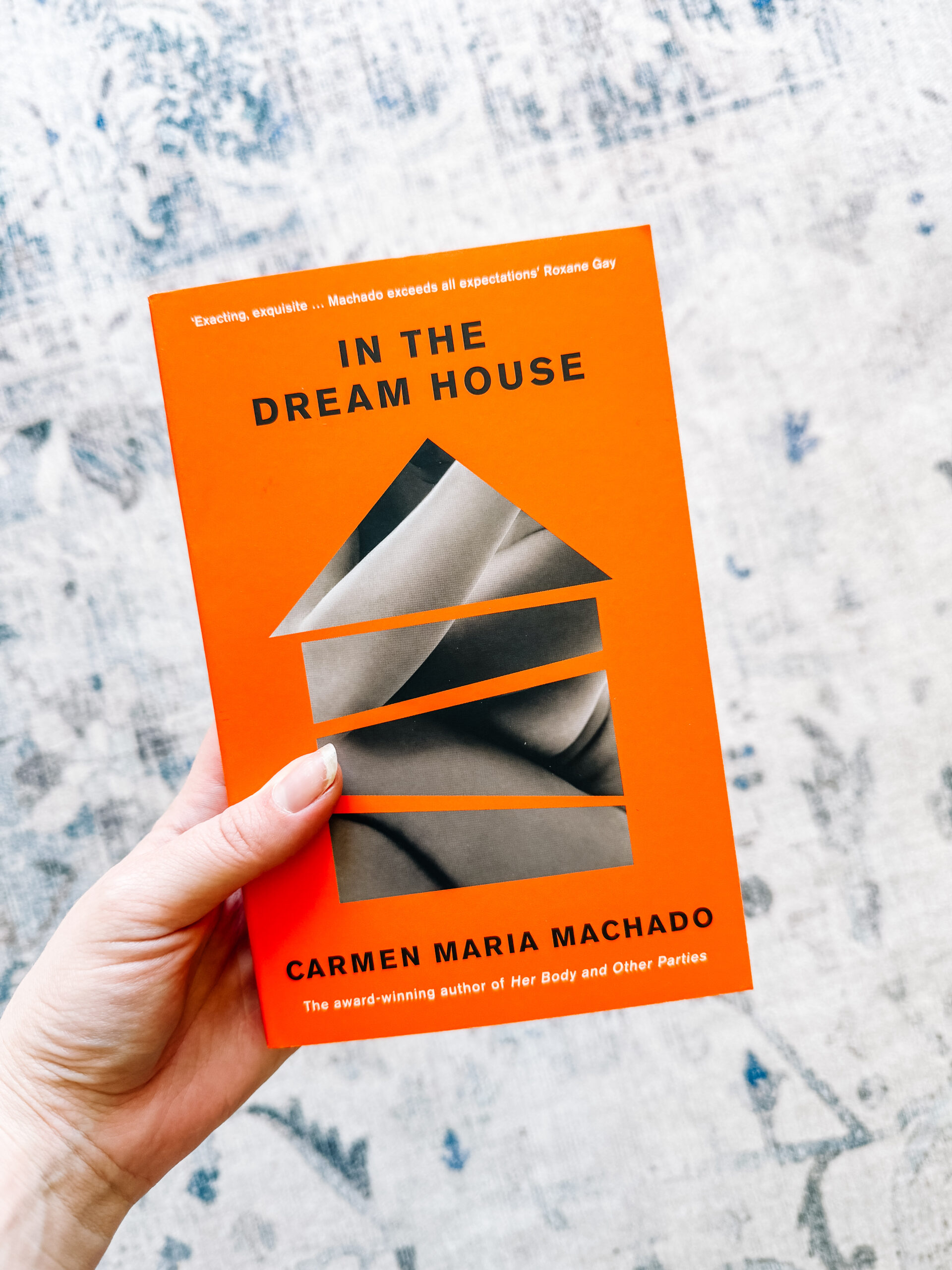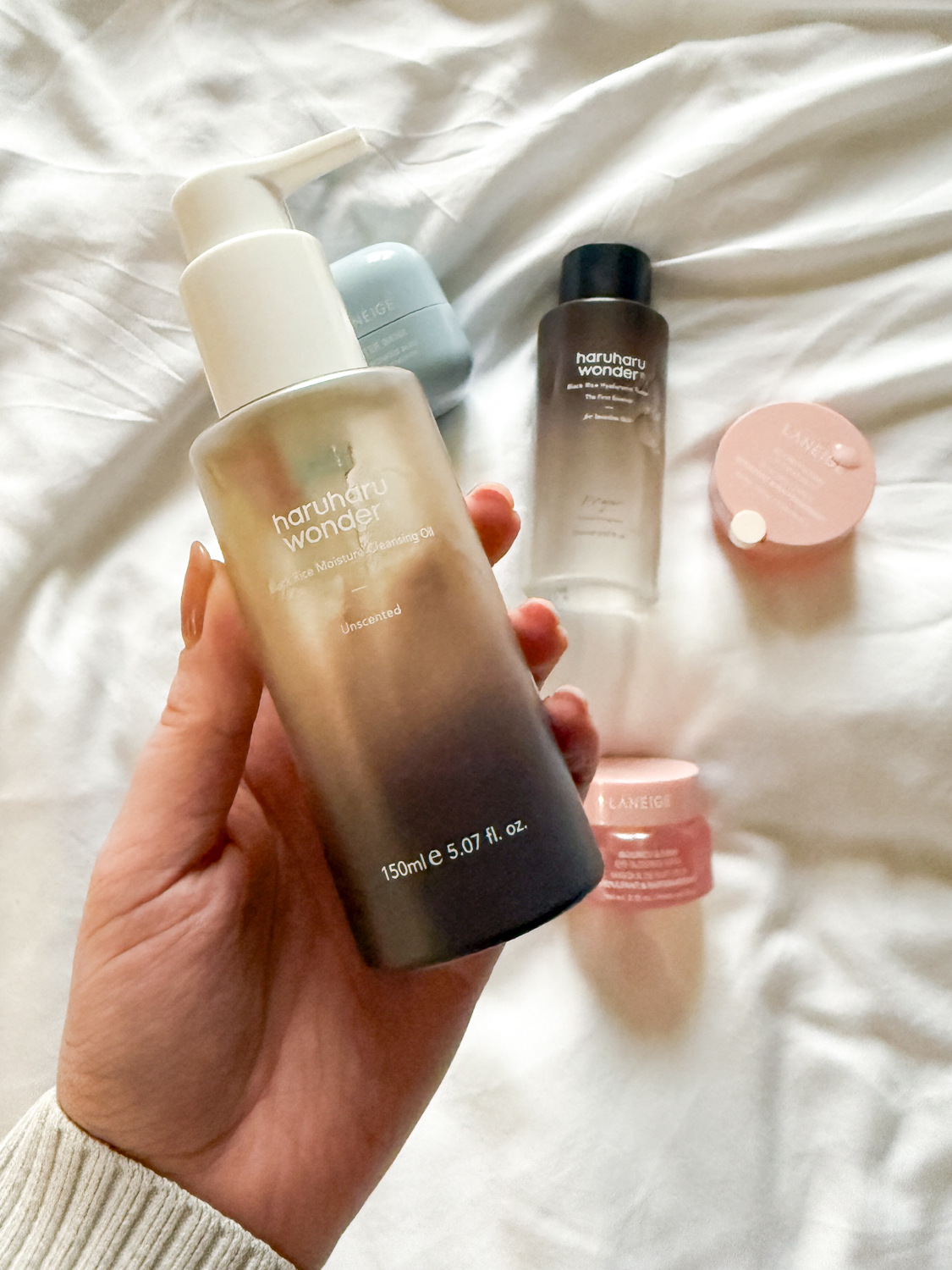In the Dream House by Carmen Maria Machado: A Memoir
When I started reading In the Dream House, I wasn’t prepared for how deeply it would stay with me. Carmen Maria Machado’s memoir doesn’t follow traditional rules, there’s no linear plot, no tidy resolution, no predictable format. Instead, she gives us fragments, metaphors, second-person narratives, footnotes, and fairy tales. She builds the “Dream House” not as a home, but as a haunting. A place where something invisible, yet devastating, took place.
This isn’t just a memoir about an abusive relationship. It’s a work of genre-defying literature that asks us to look closely at how pain, queerness, memory, and survival intersect. It’s intimate and intellectual. Shattering and stunning. It’s the kind of book that forces you to slow down and sit with discomfort, but also with admiration for the author’s courage and brilliance.

A New Kind of Storytelling
What makes this memoir so striking is not just what Machado writes about, but how she writes it.
The chapters are short, sharp, and experimental (not really recommended for Audiobooking), each one offering a different lens into her experience: “Dream House as Romance Novel,” “Dream House as Haunted Mansion,” “Dream House as Choose Your Own Adventure.” These shifts allow us to see the emotional and psychological layers of abuse in ways we rarely do. It mimics the way trauma often unfolds: disjointed, surreal, impossible to contain in traditional storytelling.
For many readers, especially women and LGBTQ+ individuals, this format doesn’t just resonate, it validates. It gives permission to tell our stories in ways that aren’t neat or universally understood. And in doing so, Machado reclaims power, not just from her abuser, but from a literary system that has historically excluded stories like hers.
Why It Matters in a Wellness Context
At first glance, In the Dream House might seem like a dark choice for a lifestyle and wellness book club. But I’d argue it’s one of the most important books you could read for your emotional wellness.
Because this isn’t just about trauma, it’s about resilience. It’s about language, silence, and what happens when you finally find the words. It’s about the power of storytelling, not to tie things up with a bow, but to bear witness to pain and, in doing so, begin healing.
Wellness isn’t always pretty. Sometimes it’s confronting hard truths and saying, “This happened, and I’m still here.” That’s the heartbeat of this book.
Is It Worth Reading?
Yes, without hesitation. This is a memoir for people who love language, who crave stories that stretch form and feeling. It’s not always an easy read, but it’s an essential one.
If you’ve ever felt invisible, misunderstood, or stuck in a narrative you didn’t know how to rewrite, Machado’s story will hold space for you in a way few books do.
It’s also an invitation, to examine how we support each other, how we bear witness to pain, and how we use our voices (and platforms) to uplift voices that have been silenced for too long.
Where to Get the Book
In the Dream House is available in:
- Paperback
- Hardcover
- Audiobook (narrated by the author, but I'm told it's hard to follow along in the format it's been written in)
- Ebook
Join Our Lifestyle Book Club
This month on My Life From Home, we’re reading In the Dream House, a raw, genre-defying memoir that explores the emotional architecture of abuse, memory, and healing. It’s a powerful reflection on how the spaces we exist in, both literal and emotional, can shape who we are and who we become.
If you’re also interested in how this conversation extends into business and leadership, head over to Gillian Sarah where we’re exploring a business-focused book with a parallel theme: how to build spaces that are safe, inclusive, and empowering in the professional world. Built to Belong by Natalie Franke. Together, these reads offer a full-circle reflection on the environments we create, and how they impact both personal wellbeing and community connection.
Sign up for our Book Club Newsletter and next month’s selections straight to your inbox.
Final Thoughts
Reading In the Dream House isn’t just about understanding someone else’s story, it’s about learning to recognize your own. It’s about breaking the silence around hard topics and remembering that healing doesn’t always look linear, or pretty. But it is possible.
So this month, I invite you to slow down, dig deep, and read with your heart wide open. Let’s honor the complexity of our stories, and build a better space for the next ones to be told.



